|
We can hold onto emotions like collecting unwanted gifts, storing them in cupboards (our unconscious mind vault).
If we don’t deal with pain, and I’m not just talking about physical pain, it can resurface as compounded emotional toxicity at a later time. It may manifest as insomnia, hostility, anger, fear or anxiety. Often seeming in an unrelated incident further down the line. If you don’t know how to deal with these feelings of anger and fear, they can turn inwardly on you, make you believe, “It’s all my fault.” That feeling can affect our physical, emotional, and spiritual energy until simple things just start to feel impossible. An exhausting cycle. What about taking Christmas Present to take back control, clear out some of those old metaphorical parcels. Wouldn’t it be great to start the new year with a cleared out cupboard to store fresh experiences and parcels of life and living? As Joe Dispenza says “A memory without the emotional charge is called wisdom.” We don’t want to forget things that may keep us safe in the future but to not to be in fear every time we visit that metaphorical store cupboard, what a present that would be? Imagine how that Christmas future would look? Baubles, snow globes of joy and laughter. What do you hope to accomplish in the next year? If you could have three Christmas wishes what would they be?
0 Comments
Over the weekend I was at Biggin Hill airshow and chatting to the border force team that were there. One was saying he finds job interviews terrifying and because of this never succeeds in gaining promotion. I looked at him and said 'that was me'. Ten years and I never once got promotion even though I could do the job inside out. Why? Because, like raising my hand at school, I was fearful of saying the wrong thing and looking stupid. Fast forward ten, fifteen years. Not only do I talk to people easily that I consider my peers, I’ve taken a leap I would never have thought I’d do. I can honestly say I love speaking on stage in front of a large audience. So what changed? I learnt to become me in front of that audience, whether it be one, two or a hundred or more. I laugh, I joke, I make mistakes and I interact and if I forget a word or two the audience will often help. How many times have you found yourself thinking ‘I wish I had answered that question’ or ‘why didn’t I volunteer to do …’ It’s time to step out of your own shadow. I have helped individuals from every level to overcome this, the office worker, the school headmaster, even company directors. No more sitting at the back of the class, It's time you took your turn at the front, to shine. Pick up the phone and give me a call today. The call to your future where there is an abundance of opportunities, when you stand up to be heard. “I know it sounds silly, but get this feeling in the pit of my stomach. It's like fear. I just can’t get rid of it."
I hear this a lot in my line of work as a hypnotist. I explain that the feeling is an inbuilt safety mechanism that’s protecting them from something that caused trauma or fear in the past. Our predecessors would have used it to run away from Sabre Tooth tigers, crocodiles, etc. It creates a story in the mind about something that’s going to happen in the future, based on what happened in the past. Tiger=Being eaten alive. Some of the new rapid techniques I have learned help me help the client realise that it’s not actually happening right now. So if it’s not happening how can it predict what the future holds? So how can you be afraid of it? "Does it mean I’ll have no anxiety again?" No. Anxiety within our control gives us a buzz to do more. Many top motivational speakers harness that energy. I used to be extremely shy. Now I busily chatter to the whole world. It gives us back the ability to want to try. Interestingly, since training in these new techniques, it's noticeable how the clients change their words. They send the problem to past tense rather than the present. What would you like to see back to the past where it belongs? Ask me how I can help you. Drop me an email at [email protected] Becky Wells Hypnotherapist. Kinetic Shift trainer and practitioner Skype: beckyjoewells www.beckywells.com 01293 839 949 01444 688294 Do you spend your life wondering how everyone else's life is so wonderful when your's is stuck in a rut, or maybe a deep well?
Remember most do not post what's truly going on in their life. Most social media sites are the 'I want you to think this about me' sites. So how can you get back in your own rhythm?
https://beckyjoewells.thinkific.com/courses/yourlifestory I’m guilty. Are you?
I’ve been chatting with several clients this week and noticed a similar pattern of distraction interaction. What do I mean by this?
I know I rate quite highly at times in the moderate range. We have become a generation of ‘instant gratification seekers’. I’ve noticed on the rare occasions that I’ve not had my technology, I reconnect with the ‘real’ world and people. So what are some of the ways we can take back control? Recognise why you reach for your phone. Boredom, stress, anxiety. It’s almost as if we are trying to distract ourselves from the problem at hand. Next time you reach for the unlock button, ask yourself what’s going on right now that you’re distracting yourself from. Know the differences between interacting in person and online. How many times have you read something online and got the wrong end of the stick? Without that face to face interaction, things can be misinterpreted. We are not picking up the energy of the person. If you are trying to hide from the real world behind social media is it not is the time to step out of its shadow and take back you? Not Joe Bloggs the facebook, Twitter or Instagram icon. Anyone for coffee? A real one? The story of one of my clients. Who would love to share their story with you. Joy was a nine to five office worker who got up every morning and trundled off to work. She dreamed of winning the lottery. One day, that dream came true and she inherited £100,000. Set for really good life some may say? The trouble was, at the back of her mind, she felt unworthy. To change her mind set she decided to set up a home design business. She invested money in training and then set out to make her first million. Did she? No. But why? She’d been given a large sum of money and the best training possible. What she had failed to do is to feel worthy of any of it. Her unconscious mind was still that person who felt she’d ended up where she was by luck. No other reason. Her unconscious habits and behaviours set out to help her achieve what she was focusing on… failing. She knew she’d been pretty good at that. It happens in so many cases. Look at the lottery winners who win millions and end up with nothing or less than nothing. We look and say we’d never do that. I suspect they’d have said the same thing too. So how can you get out of that cycle of self-destruct?
One final note to remember is some of the greatest names in history have been there.
 Photo: Pixabay 1. Awareness is the first step to understanding that you create everything in your experience. Every part of your life, good or bad, has a root somewhere within your mind.
2. Create your own experience, you can finally take control of what you are inviting into your experience. People do not realise that they are the creators of their own experience, and live their lives reacting to the things around them. 3. To consciously create your life with responsibility, act, don’t react. Performing the same action over and over yet expecting different results isn’t going to work. Live in the moment not the past. 4. You may have to go through a period of change where you admit that you were causing negative or painful experiences to happen to you because of your thoughts and actions. This can be hard, because we do not want to take responsibility for our lives. We want to blame others for what is happening to us. But nothing “just happens” to us, we create our own lives through our thoughts, words, actions and beliefs. 5. The fear inside of us has been in control for too long. Fear is like a parasite inside of you, and it feels very threatened by the idea of freedom and of living with conscious awareness, it feeds on drama, judgments, negative emotions and on your fear of change. The beginning of change always lies within us. Awareness is the first step to creating change. Be the listener, not the judge. Be the comfort, not the hindrance. We live in a world of ‘what if?’, ‘what might have been?’ and ‘what could?’. How about living in the ‘what right now?’.
If we stop and take a look at all that is around us right now, we can learn and be aware of the abundance of right now. I can hear you saying… not me I’m not abundant. I’ve got bills coming out of my ears, I’ve got a job I really don’t like, I’m afraid to change in case…. STOP. Take a minute to think about exactly what you do have right now.
In fact if we did not believe, like the author, Hansel and Gretel may have got lost in the woods forever. Pinocchio would just have been a wooden puppet on a carpenter's shelf. But we allowed ourselves to follow each moment believing that, moment by moment, belief would lead to positive outcomes. Even when obstacles were placed in the way. So how does that make me abundant? As a child you used those amazing skills breathing, listening, learning to become the adult you are now. I suspect you’d not even thought of that. How? You lived in that moment of time. Let’s take walking. You would have fallen over trying tens, maybe hundreds of times to walk. But the first time it worked and you walked steady, you forgot those other times and moved forward to the next step. Life is about learning to try again. As the saying goes “falls down seven times, gets up eight”. Would Facebook exist? Google? Telephones? Would electricity exist if in a moment of difficulty they thought “I won’t bother again”? I wouldn’t be writing this blog now if I hadn’t tried again. I struggled all my life to get words to make sense in a sentence, a page, an article. Now, if I slip a bit in the moment, I get up and in the moment check myself and go again. How can the abundance of now help you? The only moment you can truly deal with is right now. We do not know what will happen, even five minutes from now in reality. So take those bills out see how you can reduce them one by one. Maybe by talking to someone? An expert, citizens advice, a friend. A problem shared can bring a whole new perspective to a situation. That’s why I help people as a coach, a therapist, a mentor. That job you don’t like, is it the job or is it all that’s going on around it? What are your skills? It took me 20 years but I finally pulled my fingers out of my ears and realised that my true skill is the art of listening, listening without judgement, not judging on what I may think. By doing this it allows my clients to learn to gain their belief to do the same thing, listen to themselves without judgement. Choose to live in the now. Live every day, hour, minute to the max because you won’t get it back again. So as you finish this last sentence I challenge you to STOP for a minute and listen to ‘the now’. If you were buying a car, would you buy the one with rusty sides and an engine that spluttered? Or clothes... would you pick the ripped one from the rail, just because it was slightly cheaper?
Yet when it comes to your health and weight, you are willing to search for the cheapest option and expect the most expensive results. Why do you hold onto that weight? Are you holding onto past habits too? Take Jenny* a client I saw last year. She had tried every diet going and read every self help book available. Some worked for a while, but then she just piled the weight straight back on. If these programmes worked there would just be one. They are all businesses and are all competing for your money and attention. If hypnotherapy had an advert it would probably read “I can’t make you thin but I can help you make you thin” or “take control of your self-defeating habits without feeling like you’re on a diet”. Jenny discovered on her journey that she’d been sabotaging herself each time. Here are some of things she’d been telling herself. ‘I’ll lose weight for the holiday’. So she dieted for a few weeks and lost weight. In the process she told her subconscious to get ready "I’ll open those floodgates on food afterwards, as a reward". ‘I can’t eat chocolate, pastas and all those ‘bad’ foods when I’m dieting’. Funnily enough, after the holiday, she’d always eat more and more of those things. So how did hypnotherapy make a life changing difference?
She had lost three stone last time I spoke to her and more importantly has not felt like she’s ever been on a diet. *name has been changed Come over and visit my website www.beckywells.com Many of us play the lottery or buy the occasional scratchcard. But when it becomes a habit or addiction, that steals our hard earned pay packets away from us, it becomes the demon on our shoulder, telling us the next one must be the winning one.
What makes that transition from fun with a few pennies to gambling our lives away? Low self esteem? Lost in life? Stressed and feeling out of control? Depressed maybe? Even as a reward? One of the most important aspects I look at when working with people with gambling problems is finding the root cause. Imagine every button you press, every card you turn, removes another item in your life until all that remains is a lonely soul in an empty space. I’m pretty sure you don’t want that. I’ll teach you relaxation techniques to overcome the demon when he appears whispering in your ear. Most importantly I will also teach you the confidence to like yourself again. If you're ready to send those demons packing, why not get in touch? Pop over to my website www.beckywells.com |
AuthorBecky lives in West Sussex, UK and is a Therapist using hypnosis, Psy-TaP, Kinetic Shift and Mindscaping. Please feel free to explore the website to learn more about her. Archives
November 2018
Categories
All
|


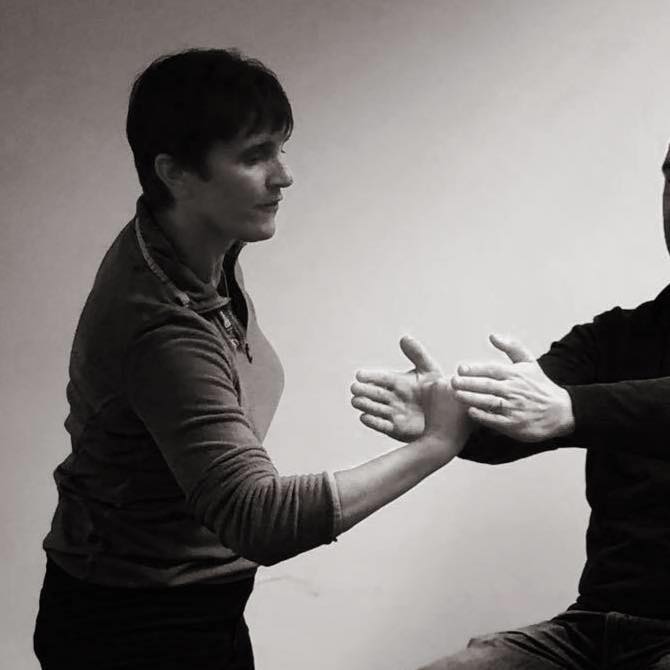
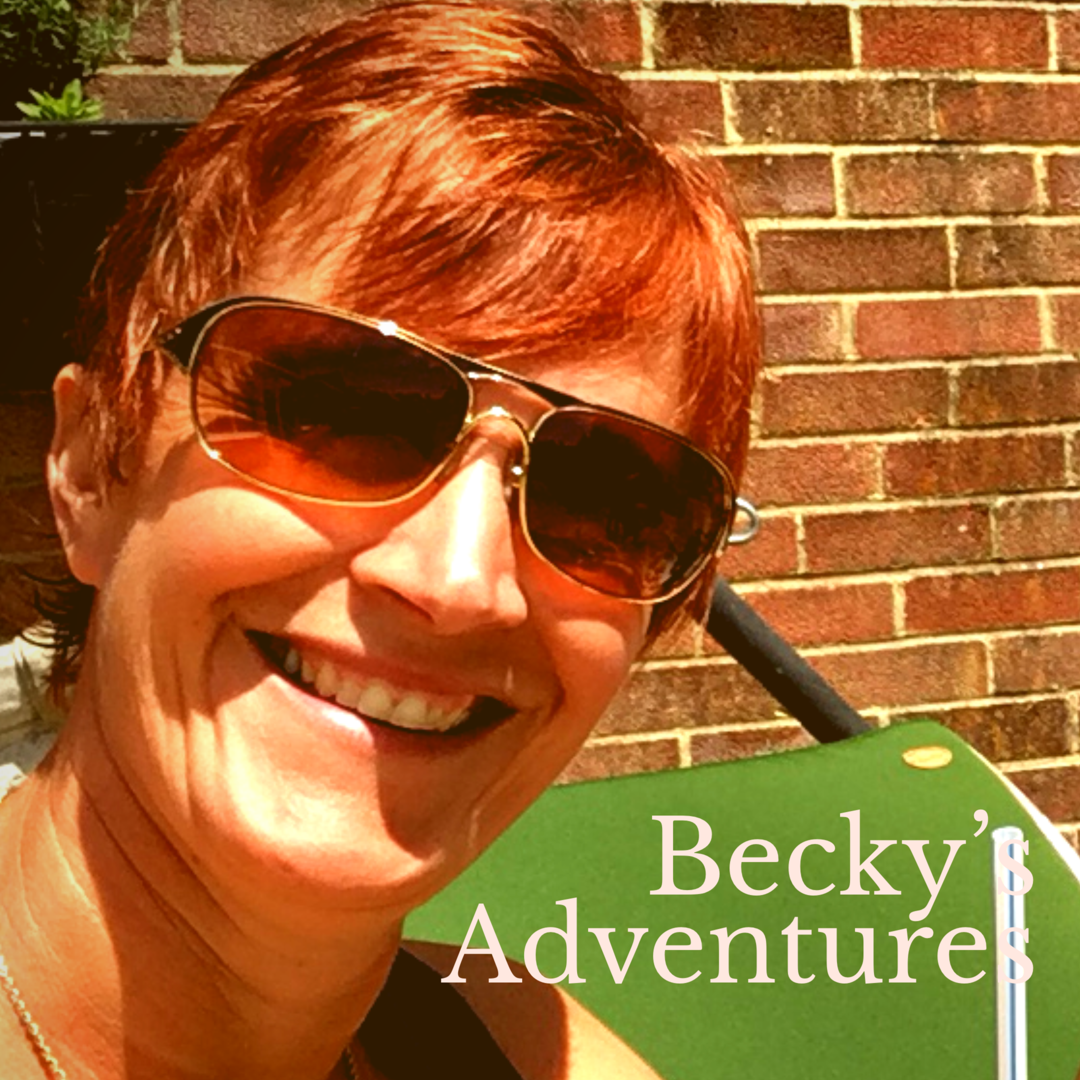

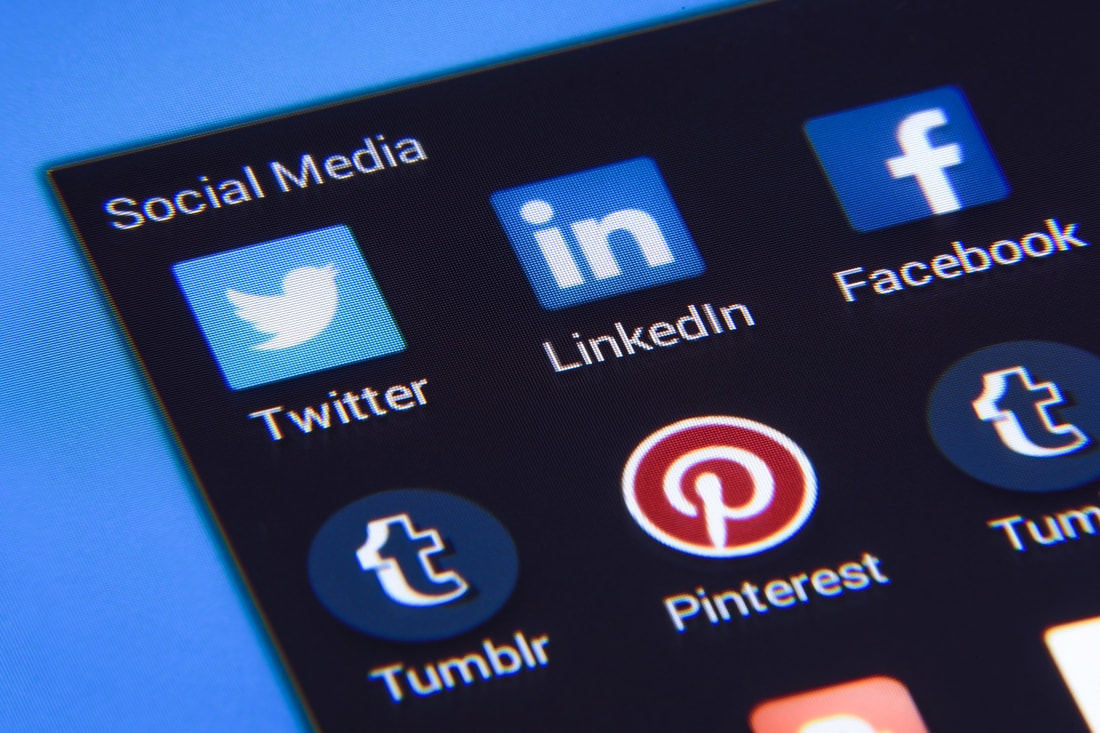

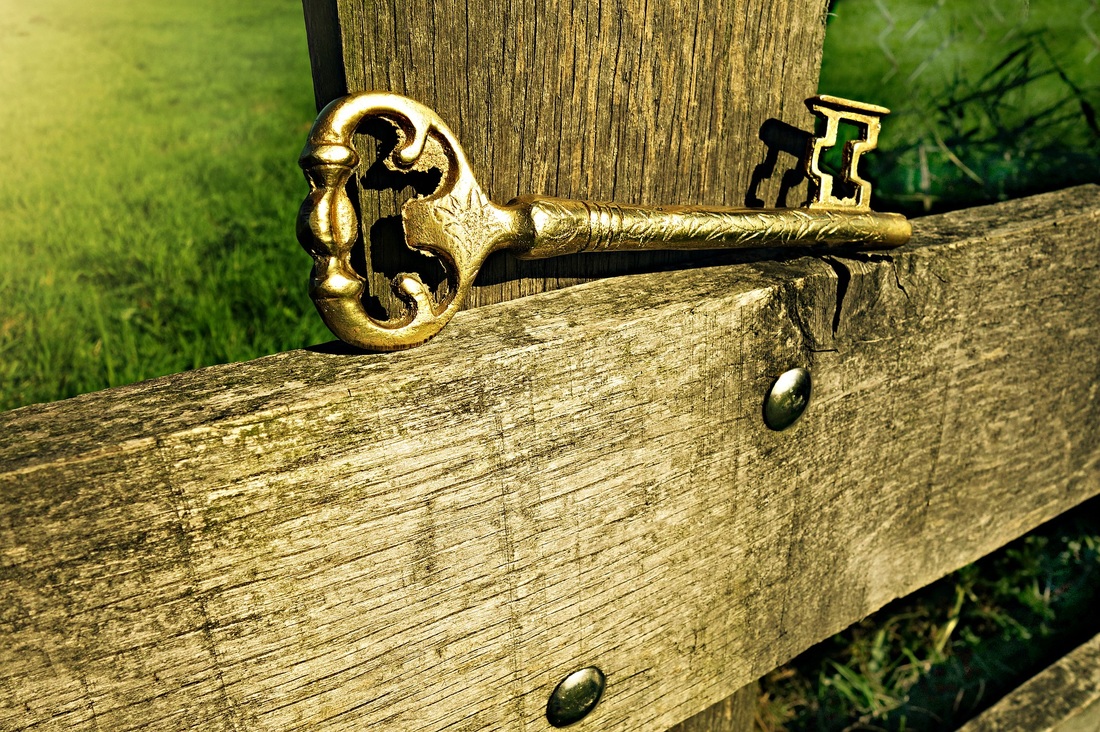

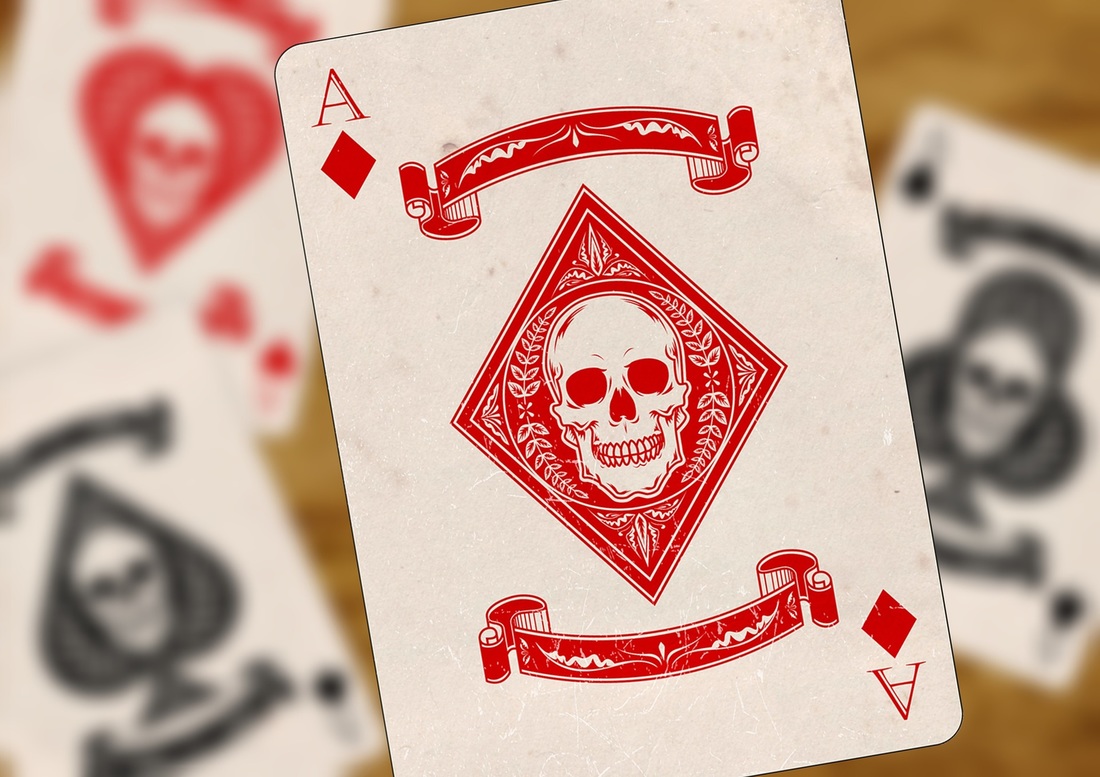
 RSS Feed
RSS Feed



